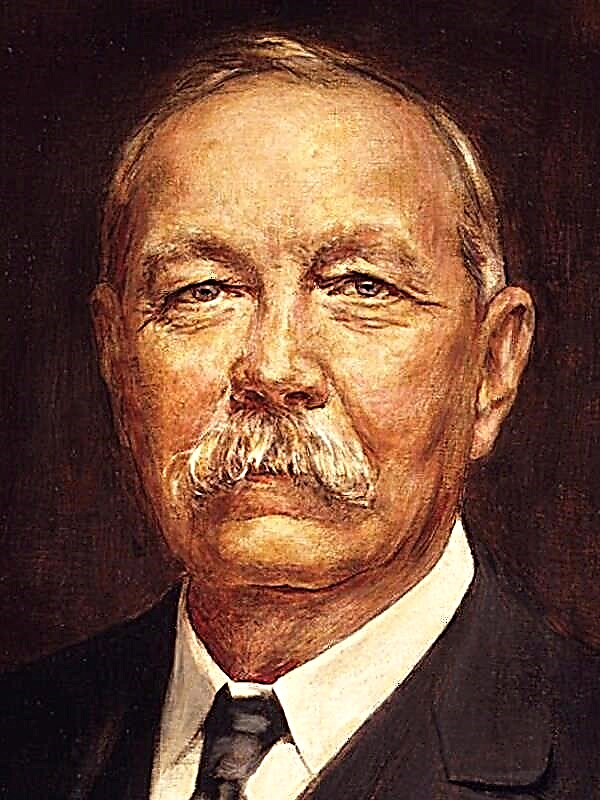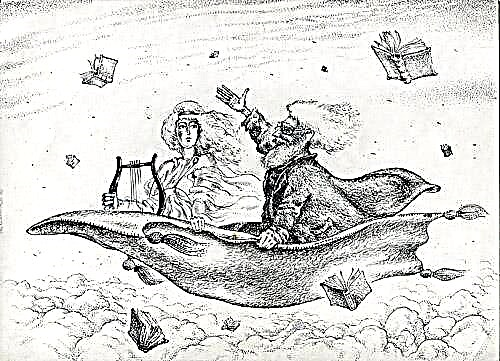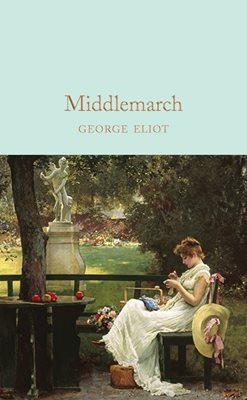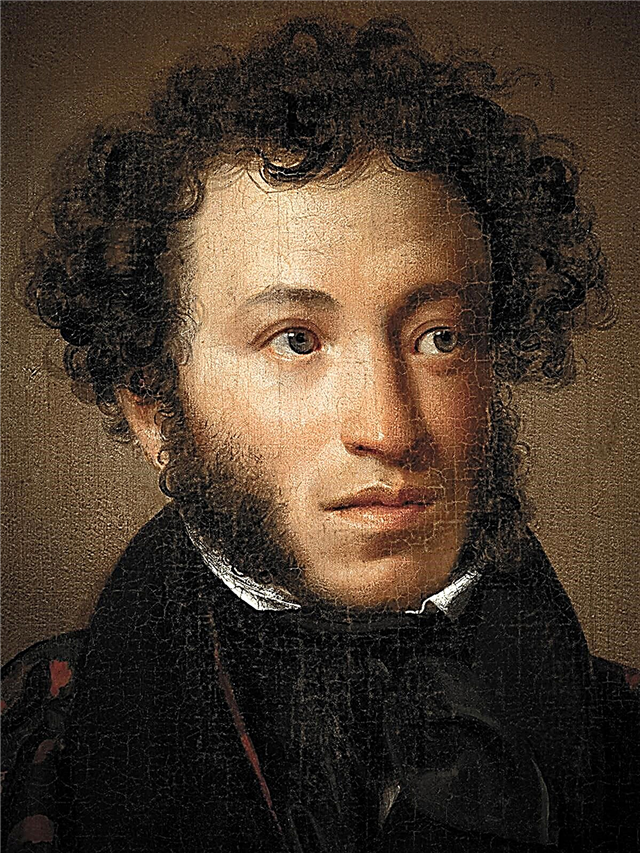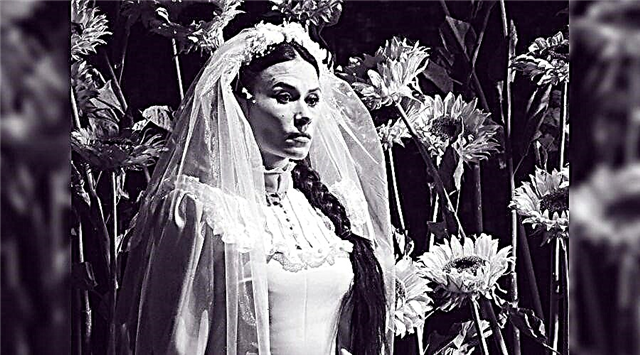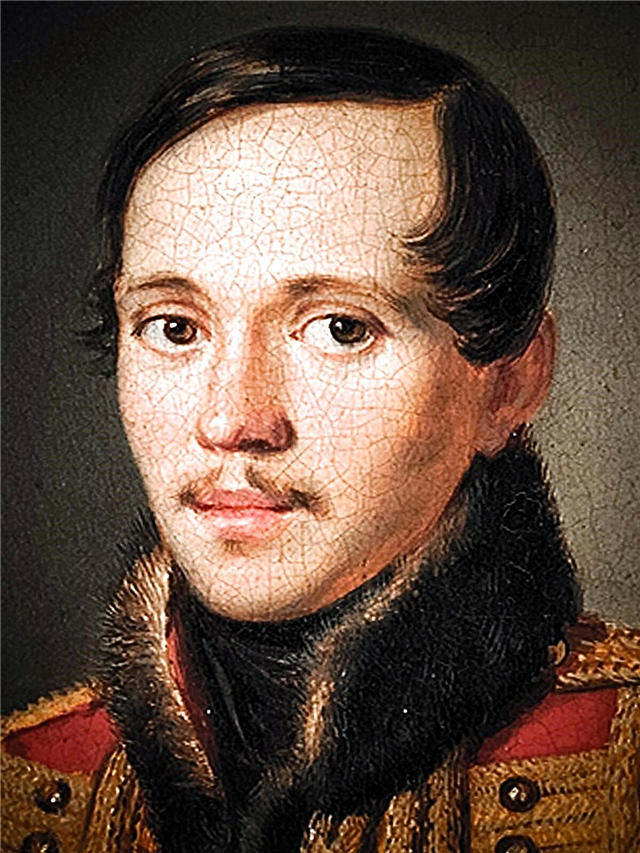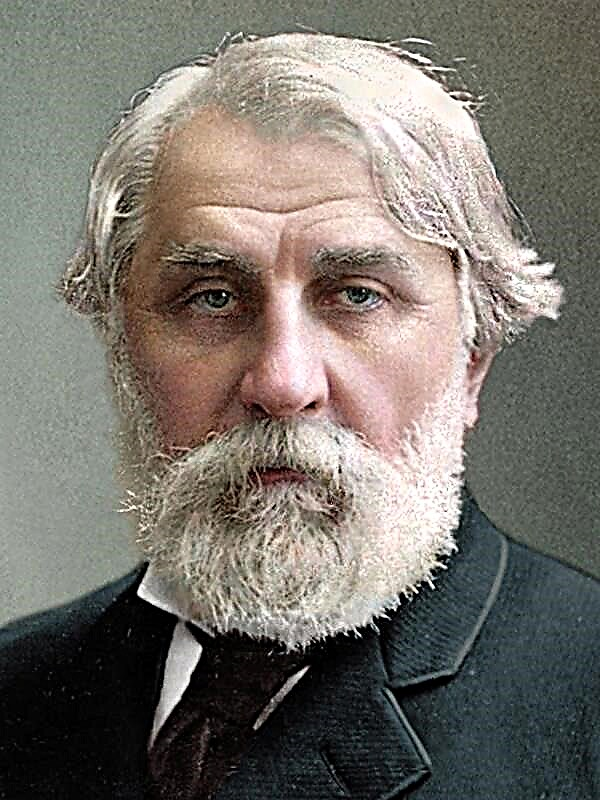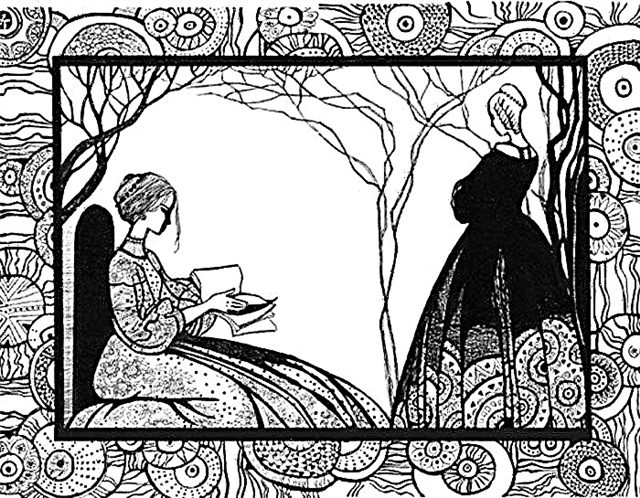Sergei Yesenin called himself the last poet of the village. He was very worried about the village and the peasants. The poet always wanted life in the hinterland to change for the better, and had high hopes for the new Soviet power. Many poems by Sergei Yesenin are dedicated to the native village of Konstantinovo. He often recalled and in dreams returned to his small homeland. And the poem “Wake me up early tomorrow ...” is one example of how the author dreamed of a better fate for his fellow villagers.
History of creation
In 1917, life in Russia radically changed: the tsarist government was replaced by a new, Soviet one. A new country, a new government, a new ideology - all this greatly influenced the young poet.
Throughout his childhood, Sergey Yesenin observed the poor life of the village, and now he dreamed of new happy days for the peasants, and of his wonderful future. Therefore, in 1917, an optimistic poem by the young poet “Wake me up early tomorrow ...” appears in the press.
Genre, direction, size
To some extent, the poem can be called romantic. So, for example, the lyrical hero is afraid to oversleep a meeting with a mysterious guest, which gives a certain mystical pathos to the story. In addition, the work is imbued with a sense of expectation of a brighter future, that is, the space of the poem can be divided into two worlds: now and tomorrow.
By genre, this poem is an appeal. The refrain repeats the line: "Wake me up early tomorrow ...". This is a request that a lyrical hero addresses to his mother.
The author uses anapaest to convey the solemnity and importance of the events that await him and the whole village in the future. The type of rhyme is cross. She creates the rhythm and tune of the work.
Composition
The poem consists of five quatrains.
- In the first quatrain, the lyrical hero turns to his mother with a request and explains why he needs to be woken up early.
- The next two quatrains tell of traces and signs by which the hero realized that a welcome guest would soon come.
- Further, the lyrical hero prophesies the glory of the famous Russian poet and promises to sing his native village in his poems.
- The poem contains a refrain in which the beginning of a new era is emphasized. The morning for the hero is a time when not only a new day begins, but also a new life for him and the whole village.
Images and Symbols
The focus in the work is a lyrical hero. He acts as the herald of transformations in life. Another important hero is a dear guest. This image can be understood as the image of a new government, a new system. The lyrical hero looks to the future with hope and believes that it cannot but be bright and bright.
In the poem there are many images, symbols. Thus, the image of a mare is a symbol of transformation in favor of the village. Sergei Yesenin believed that the peasant god is a cow god. And animals such as a mare, a cow are in his lyrics heralds of a rich world for peasants. Dear guest, is a symbol of a new world order. The red tail of a mare can be considered a symbol of the red banner of Soviet power.
Themes and Issues
- The main theme of the work is that people are waiting for the future, bright and rich, that is, it happy future theme. The lyrical hero is looking forward with optimism. He believes that soon he will become a famous poet, that in his poems he will be able to sing a hymn to his native village.
- In addition, the author touches on village problem. The narrator says that in his poems he will sing the mother, the home stove, and the domestic cock. That is, the most important thing for him is his native land. And the best works will be dedicated to him. However, his small homeland always lived in poverty and neglect, and neither he nor the previous government could turn the tide of a ruthless history of poverty and ignorance.
- Also topic of new power sounds in a poem. The hero has many hopes in this new force, which, in his opinion, will be able to help people live better, which will open the way for him to a better future.
- In addition, Yesenin weaves into the plot motive of expectation. Like most of his compatriots, he lives tomorrow, an anticipation of happiness. With these illusions, people escaped from the harsh and disastrous reality of today, where revolution and civil war reigned.
Idea
The meaning of the poem is that tomorrow gives us something new. And you need to meet this day as the most dear guest, whose guests are fresh thoughts and impressions. Toward a new dawn, you need to get up early, with a sense of happiness and optimism. Then the day will really bring positive emotions and important discoveries.
The main idea lies in an optimistic attitude towards the future. The lyrical hero is open to everything new, he is ready to change and change the world around. The author encourages readers to open their eyes and open their hearts to strive only forward without regrets and anxieties. He is ready to trust the whirlwind of the revolution, to allow him to cleanse the country and society from centuries of prejudice and transgressions. The poet is sure: if you meet this guest well, joyfully, then he will reciprocate.
Means of artistic expression
Sergei Yesenin uses epithets in his work: “patient mother”, “dear guest”. They emphasize that people have long been waiting for change and are now ready for it. Such epithets as the “cloudy forest” or “the golden arc” show the reverent attitude of the hero to the desired guest.
Also in the poem we meet metaphors: “cap-month”, personifications: “wind trembles”. They help create a landscape that transforms the guest. So, for example, he (the guest) bends the month under the bush.

